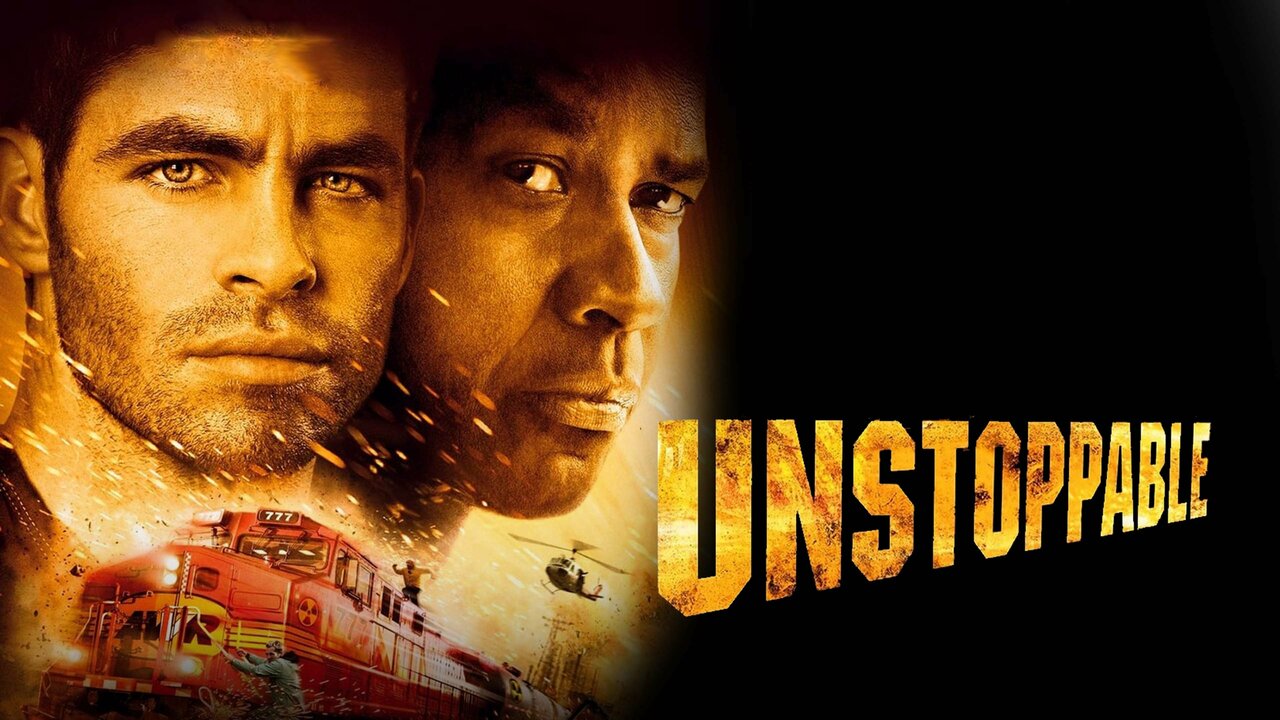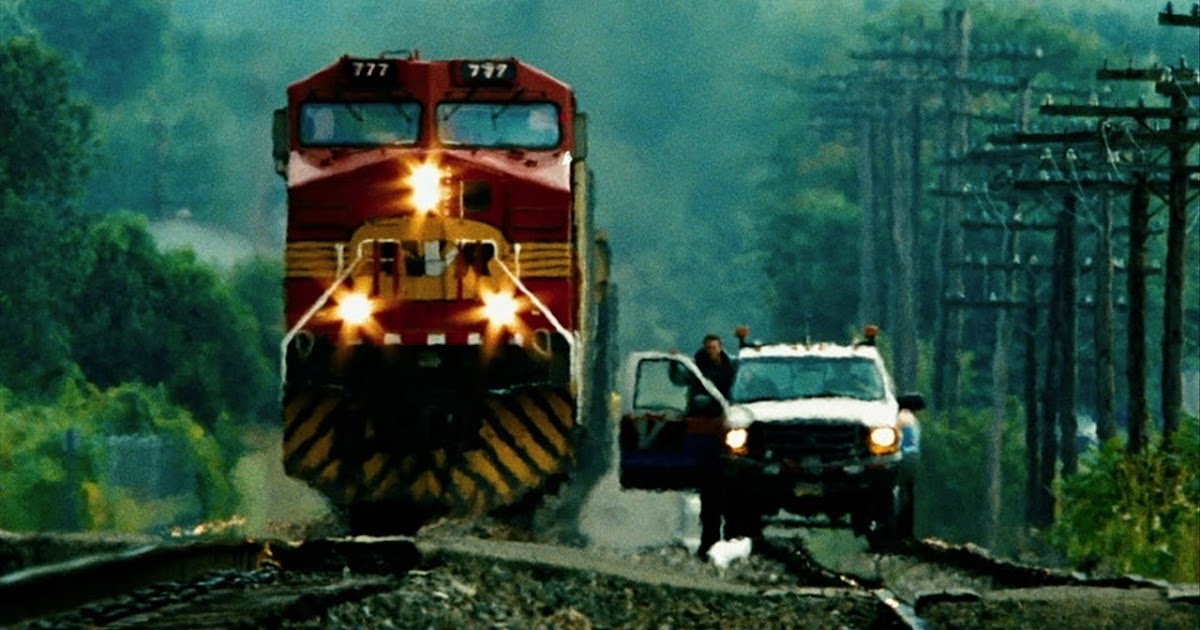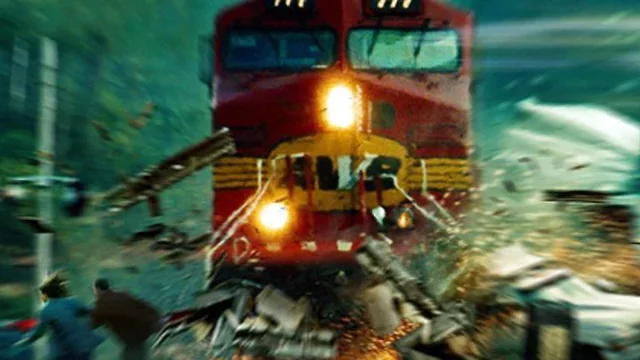Unstoppable (2010)
- nguyentruong
- November 6, 2024

Unstoppable (2010) is an intense, action-packed thriller that centers on the real-life story of a runaway freight train carrying hazardous materials and the two men determined to stop it. Directed by Tony Scott, the film stars Denzel Washington as veteran railroad engineer Frank Barnes and Chris Pine as rookie conductor Will Colson. Set against the backdrop of Pennsylvania’s industrial landscapes, Unstoppable combines breathtaking action with a focus on courage, teamwork, and the resilience of ordinary individuals in extraordinary circumstances.
The film’s premise is simple yet nerve-wracking: an unmanned freight train, designated “Triple 7,” begins barreling down the tracks after a series of mishaps involving a careless engineer. With no one on board to stop it and the throttle jammed at full speed, the train hurtles towards densely populated areas at high velocity, carrying dangerous chemicals that could lead to catastrophic explosions if the train derails. Railroad dispatchers, local police, and company executives scramble to find a solution, but the situation soon spirals out of control, revealing the high stakes and immense danger involved.
Enter Frank Barnes and Will Colson, who are initially unaware of the runaway train but become involved when they cross paths with it on their own locomotive. Frank is an experienced engineer nearing retirement, while Will is a young conductor facing personal struggles, including tension with his family and limited experience on the job. The dynamic between Frank and Will adds depth to the film, as Frank’s steady, cautious approach contrasts with Will’s impulsive and energetic style. Their relationship is initially strained, but as the crisis escalates, they come to rely on each other’s strengths to survive and, ultimately, to save countless lives.
What follows is a high-speed chase filled with heart-pounding action as Frank and Will attempt to intercept the train and bring it to a stop. The tension builds as they face a series of near-impossible challenges, from overtaking the runaway train to coupling their own locomotive to it while both trains are moving. The physical demands and precise timing required for each maneuver amplify the stakes, as a single misstep could have fatal consequences.
One of the standout elements of Unstoppable is the film’s relentless pacing. Scott’s direction and sharp cinematography capture the train’s speed and power, immersing viewers in the intense experience of a runaway train. Many of the film’s stunts were done using real trains, minimizing the use of CGI and adding a level of authenticity to the action sequences. The constant motion, paired with the sense of danger surrounding every turn, makes the film an edge-of-your-seat thriller that never lets up.
The film also subtly explores the themes of corporate responsibility and the sacrifices made by blue-collar workers. As the railroad company’s executives make decisions from the safety of their boardrooms, Frank and Will are the ones putting their lives on the line. The executives’ willingness to cut costs and disregard safety in favor of profit comes under scrutiny, highlighting the disconnect between those in power and those on the front lines. This adds a layer of social commentary, making the story not only about the race to stop the train but also about the workers who face the risks firsthand.
Washington and Pine deliver compelling performances that anchor the film, giving depth to their characters beyond the typical action hero archetypes. Frank, played by Washington, is calm, capable, and wise, embodying a character who has seen it all but still rises to the challenge when others need him. Pine’s Will is relatable and earnest, providing the energy and determination of someone with something to prove. Together, their dynamic becomes the emotional core of the film, as they build mutual respect and friendship while racing against time.
The supporting cast, including Rosario Dawson as Connie Hooper, a no-nonsense yardmaster coordinating efforts from the control room, adds to the tension and realism of the story. Connie’s role as the voice of reason who navigates between the company’s interests and the urgent needs of the situation provides a strong supporting perspective, grounding the film’s suspense with her on-the-ground decision-making.
The climax of Unstoppable is as thrilling as it is satisfying, with Frank and Will facing one final, harrowing challenge to bring the train to a stop. The sequence is both physically and emotionally intense, highlighting the dedication and heroism of the two men as they risk their lives for the greater good. The film’s resolution leaves aud
iences with a sense of triumph, underscoring the power of teamwork and resilience in the face of danger.

Unstoppable received praise for its straightforward but gripping narrative, with critics noting the film’s ability to keep audiences on edge without overcomplicating the plot. Its dedication to practical effects and real-life stunts, coupled with Scott’s dynamic direction, makes it a visually impressive action thriller. The film is not only an adrenaline-fueled ride but also a tribute to the unsung heroes who confront danger in their daily lives.
In the end, Unstoppable serves as both a testament to human bravery and a cautionary tale about the potential consequences of corporate negligence. It remains a standout in the action genre, celebrated for its intensity, realism, and strong performances. With its gripping pace, powerful performances, and real-life inspiration, Unstoppable (2010) is a film that captures the spirit of determination and the heroism of ordinary people when faced with extraordinary challenges.











